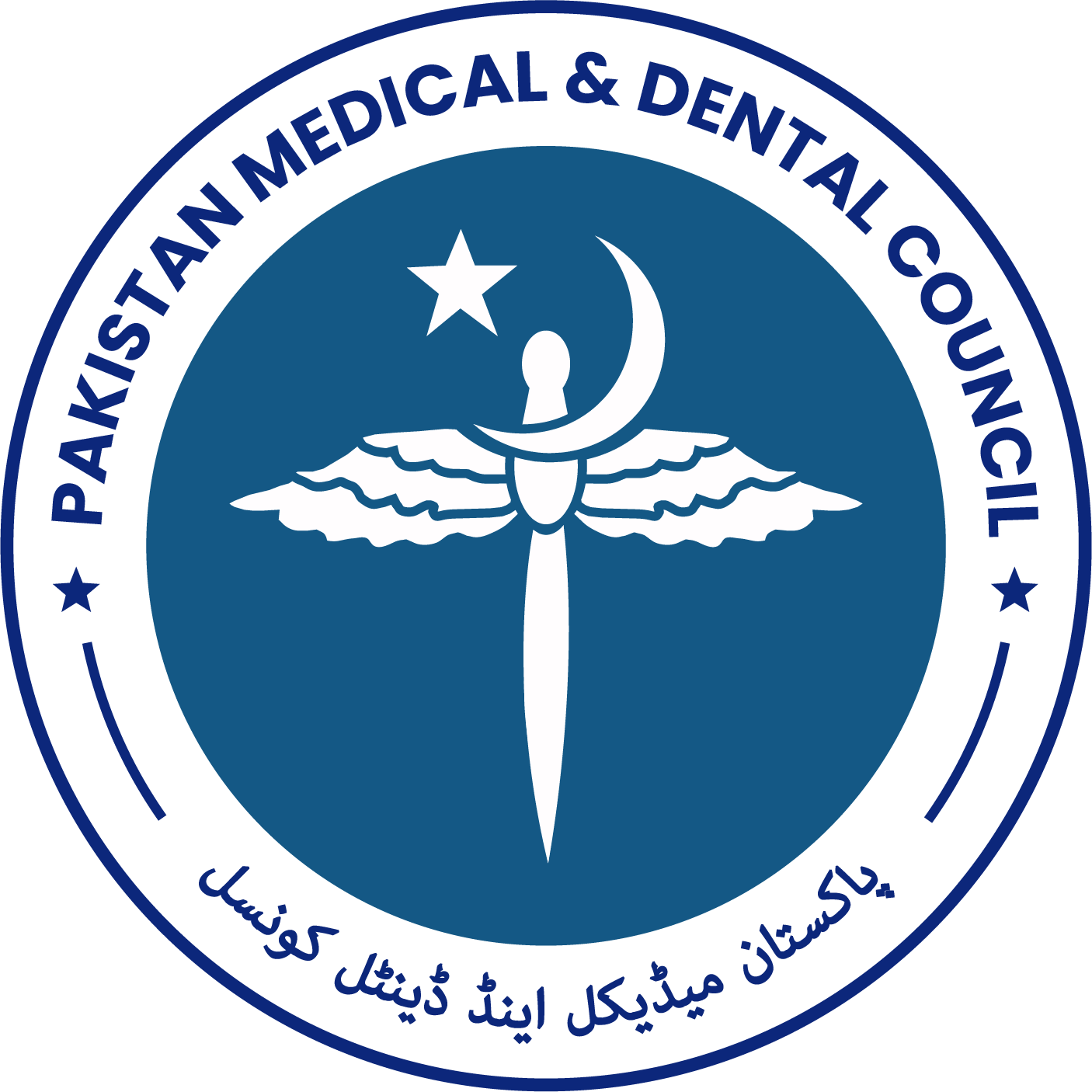Syphilis Treatment
Syphilis Treatment
Prices Last Updated 24 February 2025
Couldn't load pickup availability
 Postgrad from UK
Postgrad from UK
 Internal Med USA
Internal Med USA
 PMDC Reg
PMDC Reg
Do you have female staff?
Do you have female staff?
Yes, we have female and male both staffs available at site for assisting the dermatologist to fulfill his duties.
How to book appointment?
How to book appointment?
What is syphilis?
Syphilis is a sexually transmitted infection (STI) that can cause serious health problems without treatment. Infection develops in stages (primary, secondary, latent, and tertiary). Each stage can have different signs and symptoms.
How is syphilis spread?
You can get syphilis by direct contact with a syphilis sore during vaginal, anal, or oral sex. Syphilis can spread from a mother with syphilis to her unborn baby. You cannot get syphilis through casual contact with objects, such as:
- toilet seats
- doorknobs
- swimming pools
- hot tubs
- bathtubs
- sharing clothing, or eating utensils
How can I reduce my risk of getting syphilis?
The only way to completely avoid STDs is to not have vaginal, anal, or oral sex. If you are sexually active, you can do the following things to lower your chances of getting syphilis:
- Being in a long-term mutually monogamous relationship with a partner who has been tested and does not have syphilis.
- Using condoms the right way every time you have sex.
Condoms prevent the spread of syphilis by preventing contact with a sore. Sometimes sores occur in areas not covered by a condom. Contact with these sores can still transmit syphilis.
Am I at risk for syphilis?
Sexually active people can get syphilis through vaginal, anal, or oral sex without a condom with a partner who has syphilis. If you are sexually active, have an honest and open talk with your healthcare provider. Ask them if you should get tested for syphilis or other STDs.
You should get tested regularly for syphilis if you are sexually active and
- are a gay or bisexual man;
- have HIV;
- are taking pre-exposure prophylaxis (PrEP) for HIV prevention; or
- have partner(s) who have tested positive for syphilis.
All pregnant people should receive syphilis testing at their first prenatal visit. Some pregnant people need to receive syphilis testing again during the third trimester at 28 weeks and at delivery.
I’m pregnant. How does syphilis affect my baby?
If you are pregnant and have syphilis, you can give the infection to your unborn baby. Having syphilis can lead to a low-birth-weight-baby. It can make it more likely you will deliver your baby too early or stillborn (a baby born dead). To protect your baby, you should receive syphilis testing at least once during your pregnancy. Receive treatment right away if you test positive.
At birth, a baby with a syphilis infection may not have signs or symptoms of disease. However, if the baby does not receive treatment right away, the baby may develop serious problems within a few weeks. These babies can have health problems, such as cataracts, deafness, or seizures, and can die.
What are the signs and symptoms of syphilis?
There are four stages of syphilis (primary, secondary, latent, and tertiary). Each stage has different signs and symptoms.
Primary Stage
During the first (primary) stage of syphilis, you may notice a single sore or multiple sores. The sore is the location where syphilis entered your body. These sores usually occur in, on, or around the
- penis;
- vagina;
- anus;
- rectum; and
- lips or in the mouth.
Sores are usually (but not always) firm, round, and painless. Because the sore is painless, you may not notice it. The sore usually lasts 3 to 6 weeks and heals regardless of whether you receive treatment. Even after the sore goes away, you must still receive treatment. This will stop your infection from moving to the secondary stage.
Secondary Stage
During the secondary stage, you may have skin rashes and/or sores in your mouth, vagina, or anus. This stage usually starts with a rash on one or more areas of your body. The rash can show up when your primary sore is healing or several weeks after the sore has healed. The rash can be on the palms of your hands and/or the bottoms of your feet and look
- rough;
- red; or
- reddish-brown.
The rash usually won’t itch, and it is sometimes so faint that you won’t notice it. Other symptoms may include:
- fever;
- swollen lymph glands;
- sore throat;
- patchy hair loss;
- headaches;
- weight loss;
- muscle aches; and
- fatigue (feeling very tired).
The symptoms from this stage will go away whether you receive treatment. Without the right treatment, your infection will move to the latent and possibly tertiary stages of syphilis.
Latent Stage
The latent stage of syphilis is a period when there are no visible signs or symptoms. Without treatment, you can continue to have syphilis in your body for years.
Tertiary Stage
Most people with untreated syphilis do not develop tertiary syphilis. However, when it does happen, it can affect many different organ systems. These include the heart and blood vessels, and the brain and nervous system. Tertiary syphilis is very serious and would occur 10–30 years after your infection began. In tertiary syphilis, the disease damages your internal organs and can result in death. A healthcare provider can usually diagnose tertiary syphilis with the help of multiple tests.
Neurosyphilis, Ocular Syphilis, and Otosyphilis
Without treatment, syphilis can spread to the brain and nervous system (neurosyphilis), the eye (ocular syphilis), or the ear (otosyphilis). This can happen during any of the stages described above.
Signs and symptoms of neurosyphilis can include:
- severe headache;
- muscle weakness and/or trouble with muscle movements; and
- changes to your mental state (trouble focusing, confusion, personality change) and/or dementia (problems with memory, thinking, and/or decision making).
Signs and symptoms of ocular syphilis can include:
- eye pain and/or redness; and
- changes in your vision or even blindness.
Signs and symptoms of otosyphilis may include:
- hearing loss;
- ringing, buzzing, roaring, or hissing in the ears (“tinnitus”); and
- dizziness or vertigo (feeling like you or your surroundings are moving or spinning).
How will I or my healthcare providers know if I have syphilis?
Most of the time, healthcare providers will use a blood test to test for syphilis. Some will diagnose syphilis by testing fluid from a syphilis sore.
Is there a cure for syphilis?
Yes, syphilis is curable with the right antibiotics from your healthcare provider. However, treatment might not undo any damage the infection can cause.
Can I get syphilis again, after receiving treatment?
Having syphilis once does not protect you from getting it again. Even after successful treatment, you can get syphilis again. Only laboratory tests can confirm whether you have syphilis. Follow-up testing by your healthcare provider is necessary to make sure your treatment was successful.
It may not be obvious that a sex partner has syphilis. Syphilis sores in the vagina, anus, mouth, or under the foreskin of the penis, can be hard to see. You may get syphilis again, if your sex partner(s) does not receive testing and treatment.
Share


Burhan Ahmed, MD
MBBS, MD (USA), MACP (USA), MSc Dermatology (UK)
Member, American Medical Association
Member, American College of Physicians
Member, Royal College of Physicians
American Academy of Aesthetic Medicine
Commonly asked questions
Patients usually inquire about
How to book appointment?
Clinic Opening Hours: 10 AM to 9 PM
Bookings compulsory for consults only: Book Here
03120588944
Fees 3000 PKR
Dermatology Consultations: Monday to Saturday 2 PM to 6 PM 3000 PKR
Plastic Surgery, Nutritionist, Physical Therapy available on appointment basis only.
House 59, Block C1, Gulberg 3,, Opposite Junoon Restaurant, Off MM Alam Rd, Lahore, Lahore, 54000, Punjab (Google Directions)
Guarantee of Cosmetic Procedures
📢 Important Advisory for Patients Considering Cosmetic/Medical Procedures
Dear Valued Patients,
We believe in providing you with the best care and guidance as you consider cosmetic procedures to enhance your well-being. It is crucial for us to ensure that you are well-informed and understand the nuances of these procedures, including their limitations and potential risks. Please take a moment to read and absorb the following points:
No Guaranteed Outcomes: It is essential to comprehend that no medical treatment or surgery can be guaranteed to result in absolute benefits or complete recovery. We want to emphasize that there are no guarantees of being "cured" or achieving specific outcomes.
Informed Decision Making: Prior to undergoing any cosmetic procedure, we encourage you to educate yourself about the procedure's details, potential risks, and anticipated outcomes. This empowers you to make informed decisions aligned with your personal goals and expectations.
Risk Considerations: No procedure is entirely risk-free. All medical interventions, including cosmetic procedures, carry inherent risks. Understanding and accepting these risks is a vital part of your journey towards achieving your desired results.
Doctor's Skill and Competence: We assure you that our team possesses the necessary expertise and competence in their respective fields. We commit to applying our skills with reasonable care and competence to ensure your safety and well-being.
Timing and Emotional Well-being: Optimal results from cosmetic procedures can be influenced by emotional factors. We recommend considering the timing of your procedure, especially in relation to major life events such as relocation, job changes, bereavement, relationship changes, or the arrival of children. Emotional stability contributes positively to your overall experience.
Your health and satisfaction are our top priorities. By acknowledging these points, you are taking an active role in your journey towards self-enhancement. If you have any questions or concerns, our dedicated team is here to provide you with the guidance you need.
Thank you for trusting us with your care.
How many sessions do I require?
The healthier your skin/hair are when starting out, the easier it will take the treatment. The sessions must be spaced to allow adequate healing in between. Skin/Hair that are healthy enough to regenerate fairly quickly will be able to endure more sessions of a treatment in a shorter period of time.
While these aren’t the only factors involved, they are the most common. Don’t be surprised, however, if your doctor mentions another situation that could impact the length and/or number of sessions you may require. Every person is different, and your circumstances will be unique only to YOU.





